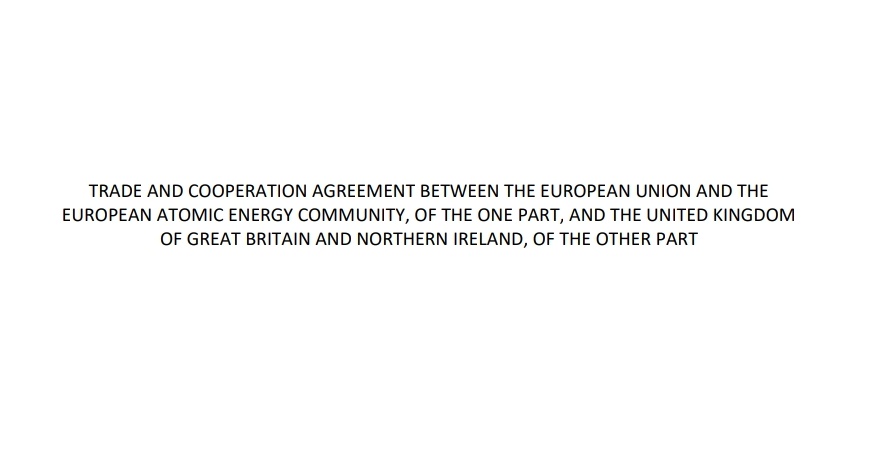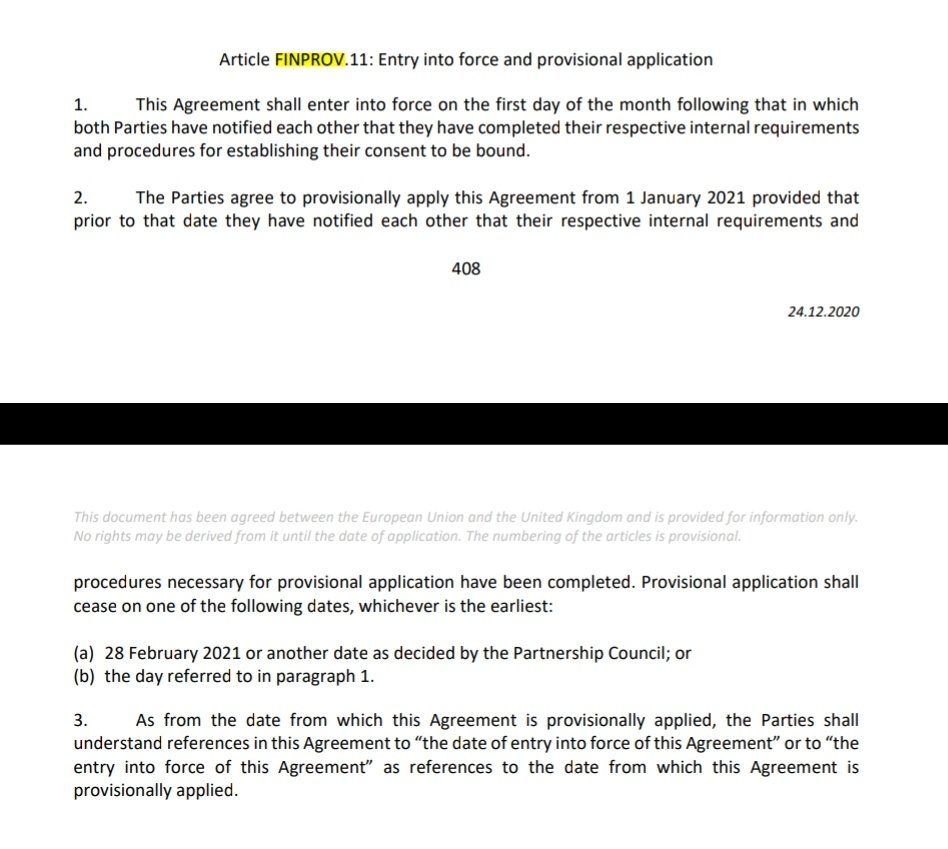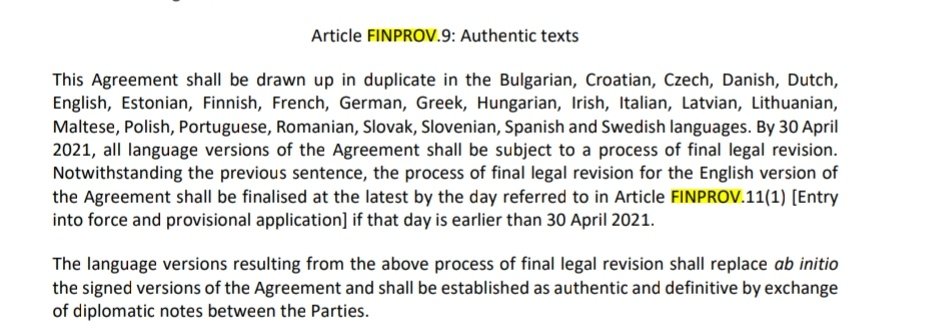
Some thoughts on the human rights aspects of this debate.
Yes, incitement to violence is an exception to free speech laws. But thresholds differ - "clear and present danger" in US higher bar to reach than ECHR.
Yes, incitement to violence is an exception to free speech laws. But thresholds differ - "clear and present danger" in US higher bar to reach than ECHR.
https://twitter.com/NickCohen4/status/1347807228686958594
The "shouts 'fire' in a crowded theatre" analogy isn't perfect here. More like "tells armed mob that their enemies are in the theatre, having also told the black people in the theatre to 'go home' to a country they aren't from for the duration of the film".
And, as widely pointed out, the bigger question is whether private companies have obligations under free speech law at all. Generally they don't. Asserting that they *should* do is not an argument that they already do.
Furthermore, "you would cry too if it happened to you" is not a legal argument.
It is, however, fair to point out that the debate is influenced by partisanship. Of course, that cuts both ways: RW folks calling liberals "snowflakes" sometimes resort to libel threats, complaints to employers, boycotts, yada yada yada.
As to whether some form of free speech obligation *should* apply to private platforms, it's fair to point out that private companies are subject to many other forms of regulation, some with a human rights element (notably equality law). So why not free speech obligations?
There's inconsistency on the other side of the argument too. As principled and thoughtful conservatives (an endangered species, but not quite extinct) point out, opposing all regulation of business, while demanding regulation regarding one issue, is incoherent.
Anyway, extending free speech obligations to platforms often begs the question: human rights law accepts *limits* to free speech, including on the grounds of *other* human rights, such as equality. The "conflict of rights" issues therefore would apply to private parties too.
"Private companies should have absolute obligations re free speech, but no obligations re equality" is qwhite an argument.
I'm not necessarily 100% opposed to the idea of *some* form of regulation of free speech re private companies. After all, loss of job, profession and income for expression of an opinion is a serious outcome. What troubles me is the superficial discussion of the issues.
Whether private parties are *currently* covered by free speech obligations; how such a law would work in practice; and the conflict with equality rights: all key issues ignored in much of the "debate".
Might write a book on all this someday...once Brexit is *done*. 😀
• • •
Missing some Tweet in this thread? You can try to
force a refresh






